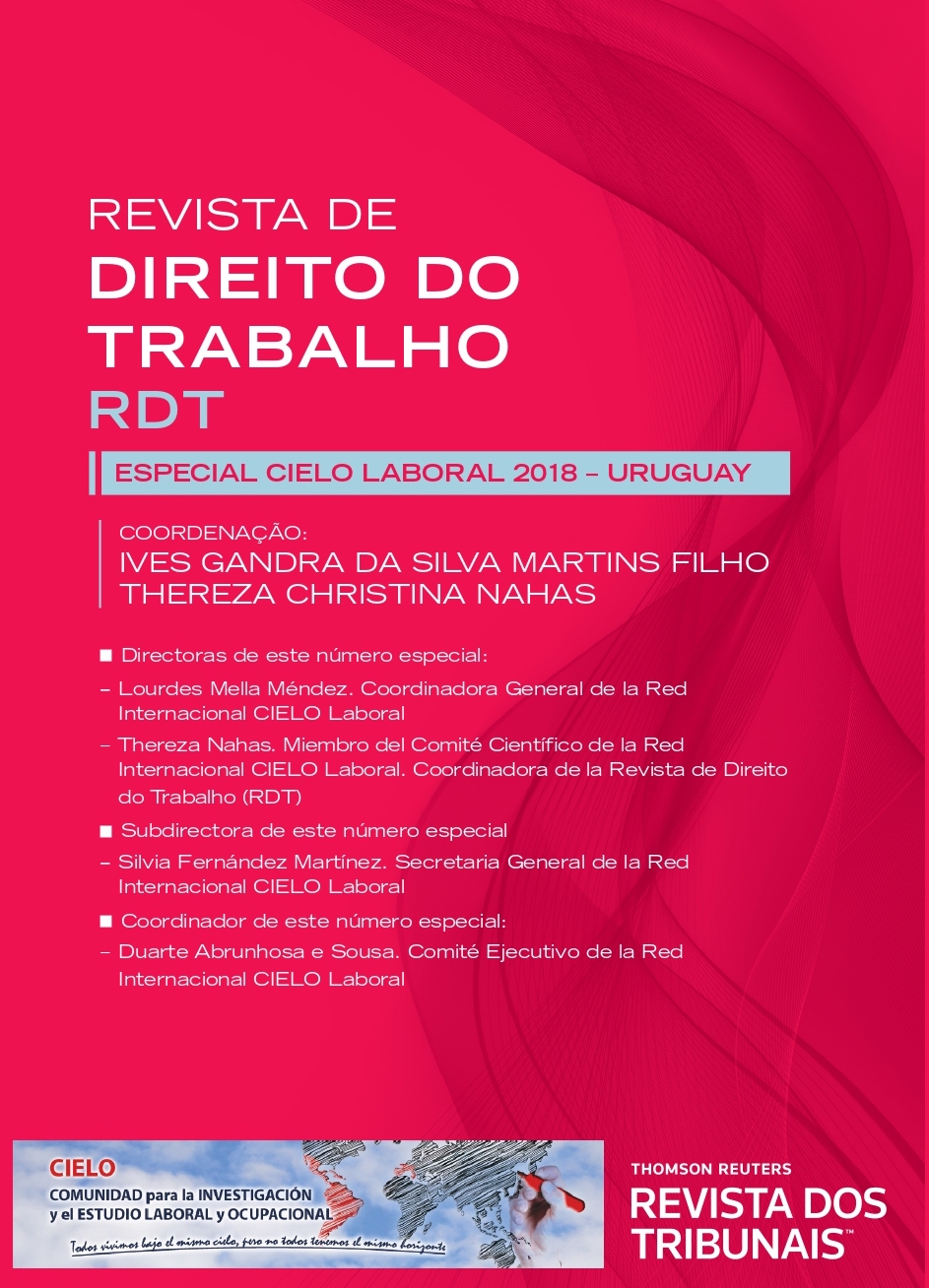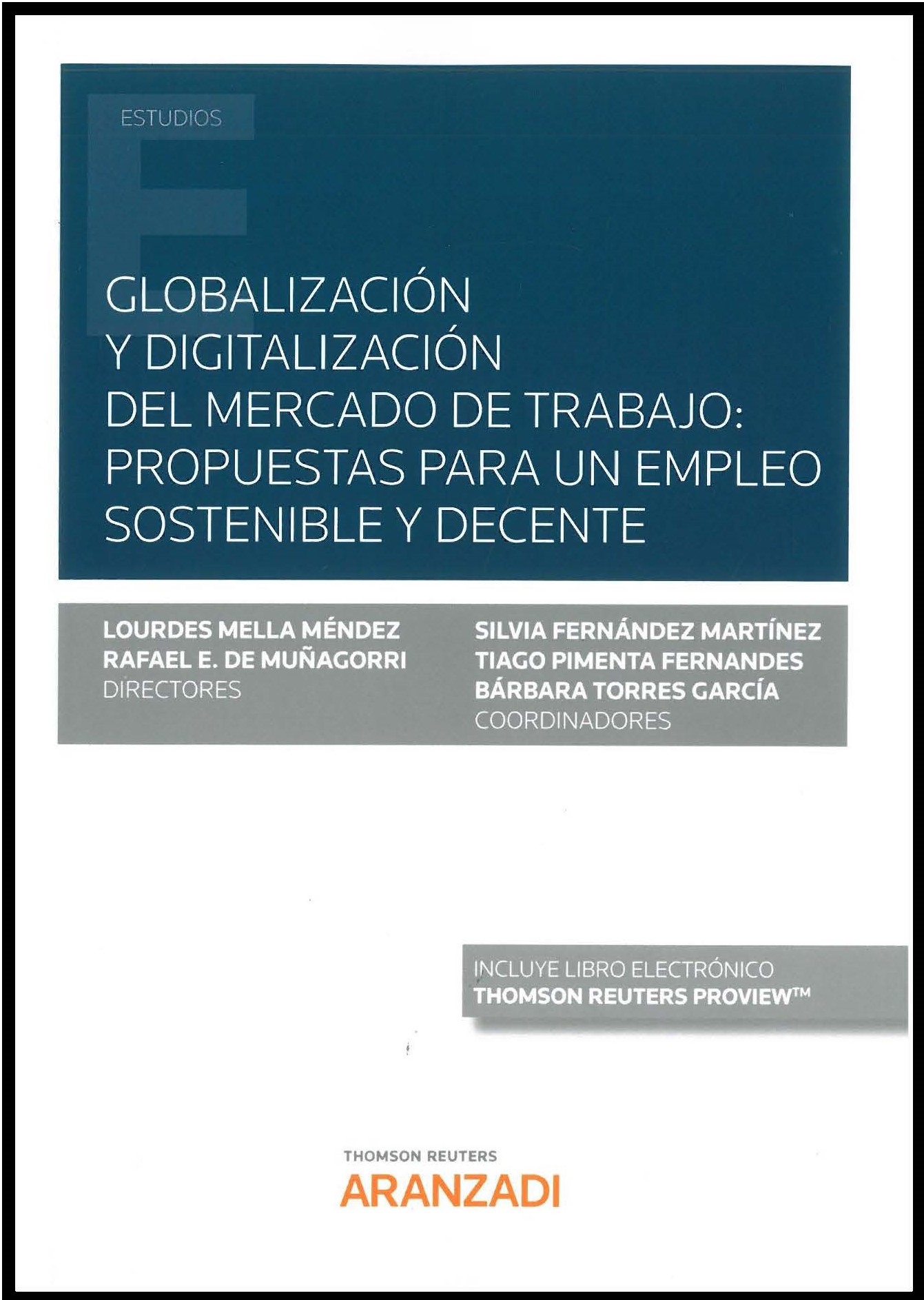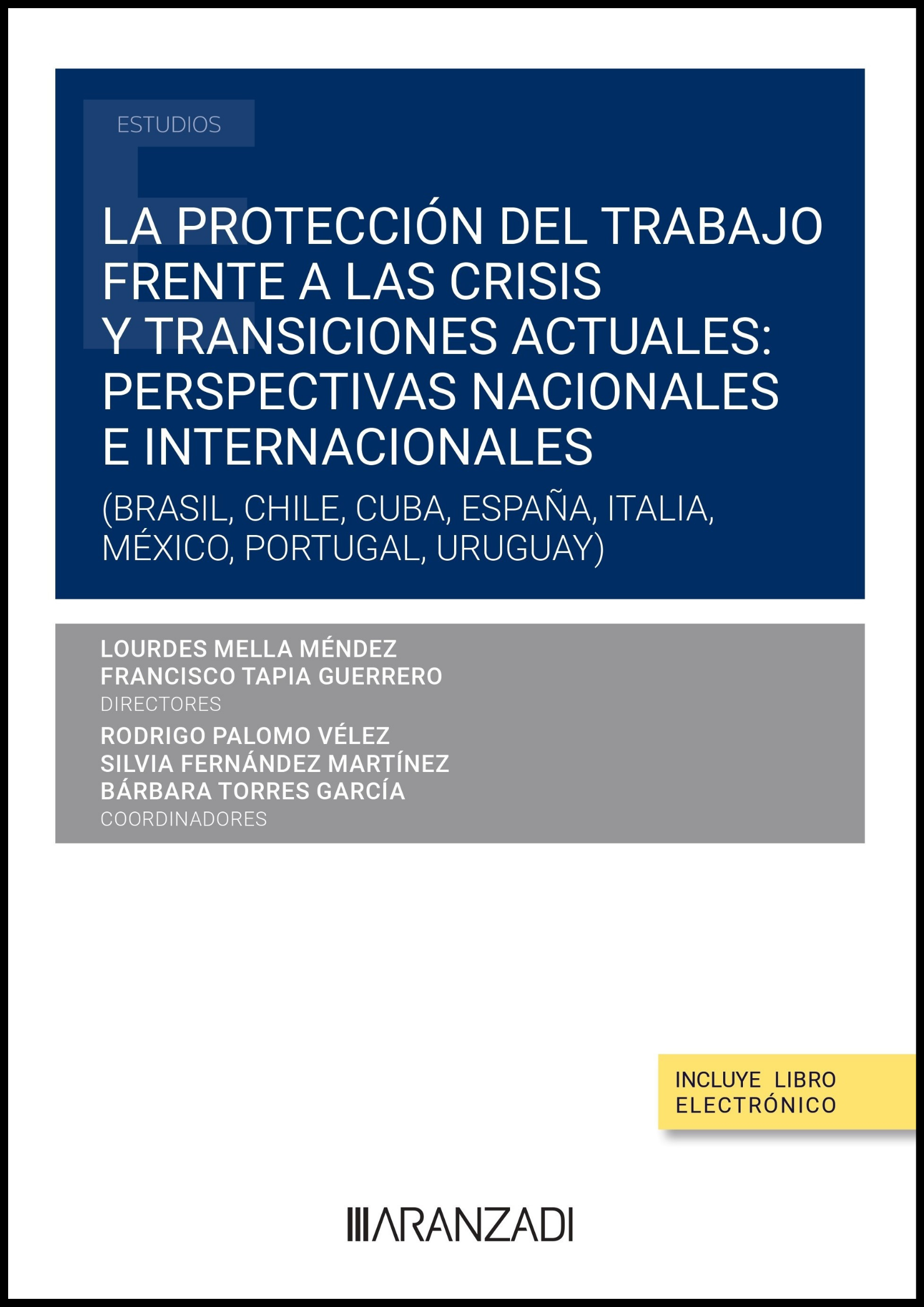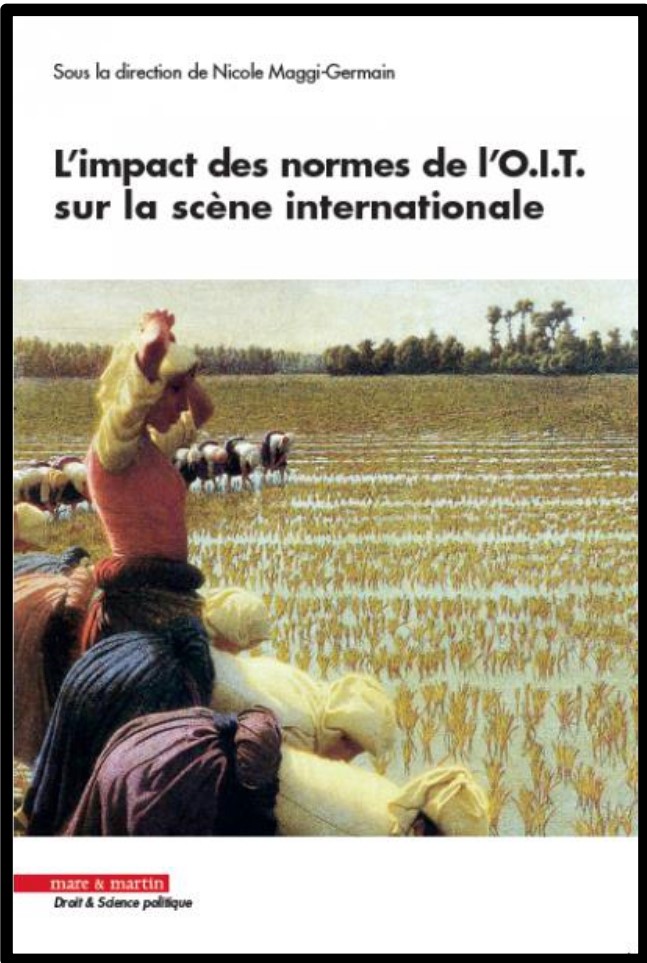CONGRESO INTERNACIONAL
“NUEVAS TECNOLOGÍAS Y NUEVAS MANERAS DE TRABAJAR
EN EL DERECHO ESPAÑOL Y COMPARADO”
“Renovarse o morir”
(Reino Unido, Francia, Alemania, Italia, Polonia, Argentina y España)
Santiago de Compostela, 14 y 15 abril 2016
ORGANIZADORES: USC, AEDTSS Y ADAPT
Los próximos días 14 y 15 de abril de 2016, la Facultad de Derecho de la Universidad de Santiago de Compostela se complace en organizar y acoger el CONGRESO INTERNACIONAL SOBRE “NUEVAS TECNOLOGÍAS Y NUEVAS FORMAS DE TRABAJAR EN EL DERECHO ESPAÑOL Y COMPARADO” (Reino Unido, Francia, Alemania, Italia, Polonia, Argentina y España).
En la actualidad, resulta claro que el irrefrenable avance de las últimas nuevas tecnologías de la comunicación y la informática, junto con la cada vez mayor superación del viejo modelo productivo del trabajo presencial, hace surgir –de forma natural- un abanico de nuevas formas de trabajar. La necesidad de reducir las altas tasas de desempleo y crear nuevos puestos de trabajo para salir definitivamente de la crisis económica de los últimos años obliga al trabajador y al empresario a explorar nuevas maneras y formas de prestar servicios, más flexibles, dinámicas y atractivas, reinventando los límites tradicionales del espacio y tiempo de trabajo, así como de los conceptos clásicos de la propia relación laboral y empresa. Poco a poco, términos hasta hace unos años desconocidos –como los de sharing economy (crowd employment, digital platform employment, collaborative employment) o “uberización” del trabajo- se vuelven cada vez más familiares y nos dejan claro que el mercado de trabajo está cambiando. Además, junto a esas nuevas formas de trabajo colectivo, emergen otras que se adaptan mejor al nuevo emprendedor individual digital, como el ICT mobile work, casual work, voucher based work o el portafolio work. Diversos estudios de organismos internacionales acreditan el –aunque incipiente- ya imparable surgimiento de nuevas modalidades de trabajar y relacionarse socialmente.
Los retos para el clásico Derecho del Trabajo parecen importantes, sobre todo, a efectos de poder dar adecuada respuesta a la ingente cantidad de problemas jurídicos que pueden derivar de estos profundos cambios sociales, tecnológicos y laborales. Así, en cuanto resulta oportuno empezar a valorar con cierto detenimiento estas emergentes formas de trabajar, los coorganizadores del mencionado Congreso Internacional –ADAPT, AEDTSS y la propia USC– desean invitar a todos los interesados en la materia a participar activamente en aquel, bien asistiendo a las conferencias y debates, bien aportando un trabajo específico relacionado con la temática de algunas de las ponencias (presentado en el Congreso en la modalidad póster). Sin duda, esa participación activa será esencial para comenzar a reflexionar de una manera seria y ordenada sobre la profundidad de las últimas y futuras transformaciones laborales.
INTERNATIONAL CONFERENCE
“NEW TECHNOLOGIES AND NEW FORMS OF EMPLOYMENT
IN SPANISH AND COMPARATIVE LAW”
“Adapt or die”
(United Kingdom, France, Germany, Italy, Poland, Argentina and Spain)
Santiago de Compostela, 14th and 15th April 2016
ORGANIZERS: USC, AEDTSS AND ADAPT
On 14th and15th April 2016, the Faculty of Law of the University of Santiago de Compostela will organize and host the International Conference “NEW TECHNOLOGIES AND NEW FORMS OF EMPLOYMENT IN SPANISH AND COMPARATIVE LAW” (the UK, France, Germany, Italy, Poland, Argentina and Spain). It is a given that the significant innovations in Information and Communications Technology (ICT) – and the fact that the traditional working patterns calling for workers’ presence have been superseded – have naturally contributed to the establishment of new ways of working.
The need to reduce high levels of employment and create more job opportunities in order to tackle the economic crisis of the last few years requires workers and employers to pursue new, more flexible and dynamic forms of employment, therefore reviewing the way concepts such as workplace and working hours are conceived in the traditional employment relation. Increasingly, some expressions that were meaningless until recently – among others sharing economy (crowd employment, digital platform employment and collaborative employment) or the “uberisation” of work – are now entering everyday discourse and indicate that the labour market is changing. Besides these new forms of collective employment, other ways of working are also emerging that concern individual self-employment workers operating online – such as “ICT mobile work”, “casual work”, “voucher-based work” and “portfolio work”. In this respect, research from a number of international organisations has already pointed out the emergence of new working patterns and innovative forms of social interactions.
Consequently, a number of challenges arise if one considers the traditional approach of Labour Law, especially at the time of adequately responding to the legal issues resulting from social, technological and work-related changes. Being the analysis of the above aspects a necessary starting point to investigate the issues at hand, ADAPT, AEDTSS and USC that organized this international conference are pleased to invite all those concerned to join the event. Participants can attend the event or join the discussion by also submitting a paper that relates to the conference themes, which will be presented in the poster session. Active participation is an essential step to provide an in-depth reflection on the above aspects. This is the only way to investigate the changes work undergoes now and in the future in a serious and clear fashion.
Díptico/ Diptych
DOCUMENTOS/DOCUMENTS:
1. PROGRAMA
1. PROGRAMME
2. PARTICIPACIÓN EN EL CONGRESO: INSCRIPCIÓN Y COMUNICACIONES ![]()
2. CONFERENCE PARTICIPATION: REGISTRATION AND PRESENTATIONS ![]()
6. INFORMACIÓN ACTIVIDAD LÚDICA
6. INFORMATION LEISURE ACTIVITY
Contacto para información específica relativa a la inscripción en el Congreso, envío de comunicaciones y cuestiones similares: congreso2016derechotrabajo@hotmail.com
Contacto para información general: Lourdes Mella (lourdes.mella@usc.es)
Contact for specific information relating to registration, communications and similar issues: congreso2016derechotrabajo@hotmail.com
Contact information for general enquiries: Lourdes Mella (lourdes.mella@usc.es)
[views=2880]





